Problem/Opportunity
The world is facing the biggest refugee crisis since WWII, having surpassed 50 million people who have been forced to leave their homes as refugees or as asylum seekers.
The UN Refugee Agency states that there are 21.3 million refugees and over half of them are under the age of 18.
At least 10,000 unaccompanied child refugees have disappeared after arriving in Europe, according to the EU’s criminal intelligence agency.
Despite these alarming statistics another important issue concerning the refugees is their resistance to use any devices equipped with GPS or any other geolocation systems, since they are afraid of being traced and/or harmed.
Value Proposition
Our prorotype reunites the families and allows people to overcome the fear of getting lost. Unlike existing solutions based on GPS tracking which feed the fear of being followed, our device uses RFID thus giving the user the choice to scan it or not (that is to voluntarily provide info regarding one’s location). After all, it is a wearable and not an implanted chip, which means that the refugee can dispose of at will anytime.
Likewise, the bidirectional communication is an important asset as it enables acquiring valuable information regarding all family members in search of each other (even without knowing it).
We believe that in hard times like these it is really important to know that your loved ones are safe and where you can find them.
Tech solution
The project consists in 3 main parts: the wearable, the RFID readers and the database.
The bracelets are equipped with a unique RFID and, once provided to family members the ID is associated with the names of the respective refugees.
Once a refugee comes to a location outfitted with the reader he can swipe his RFID and find out if his loved ones have already checked in somewhere else around the globe where this systems are deployed or not. This information is shown on the LCD on the reader. If no loved ones have checked in yet you can come back later at any time to check again.
A database is needed to store all the IDs and the names of each user, in order to search for a specific person to see where she was last seen.
Use case
At the end of January 2017, EU asked tech firms to pitch refugee tracking systems and find a solution to this problem. The governments of different countries can buy [Product name] to support the integration of the refugees families in a country with different traditions and values. For example, in 2015 a total of 2,137,000 people immigrated to Germany, but a big part of them have been separated from their families.
The ideal solution would be to reach to all the refugees and have a scanner in any access point. We have to make the to give them a feeling of safety and security when they come in different countries, by reuniting them with their families.
 Zalmotek
Zalmotek



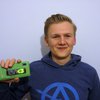
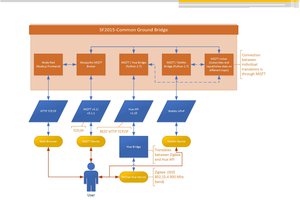
 Samuel Bowman
Samuel Bowman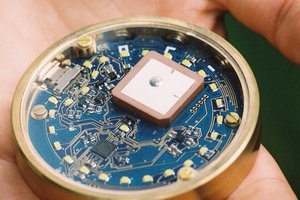
 Antoine Pintout
Antoine Pintout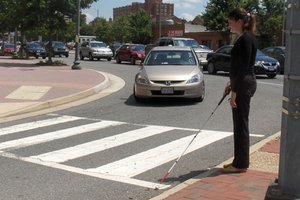
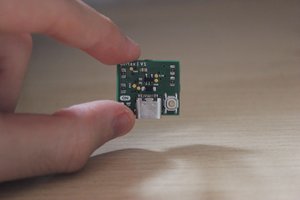
 Amine Mehdi Mansouri
Amine Mehdi Mansouri
Guys, I'd second the mentions on reluctance to be registered in yet another database...
Why not record name info in the bracelet, and make the bracelet beep if anyone in the vicinity has already encountered someone encoded in a small list of names the bracelet would know?
Thaw way, as a refugee, you would only have to find who in the close vicinity has already met the one you seek and ask about where and when.... that would solve the issue that you never know if someone in the vicinity has known a lost relative and enable you to ask then!